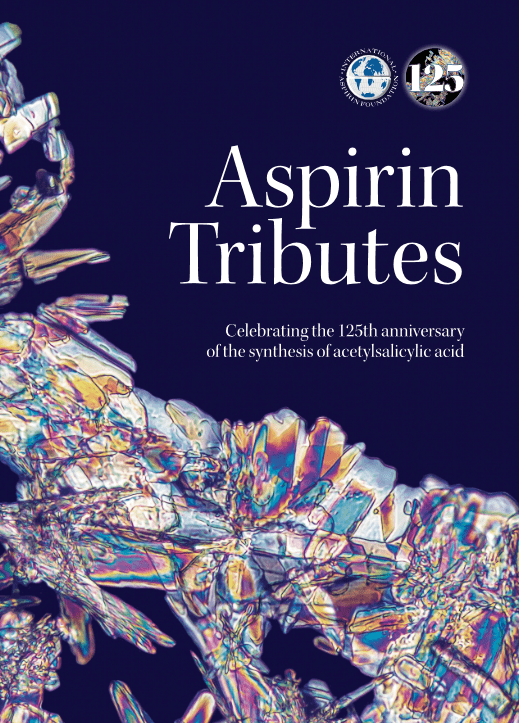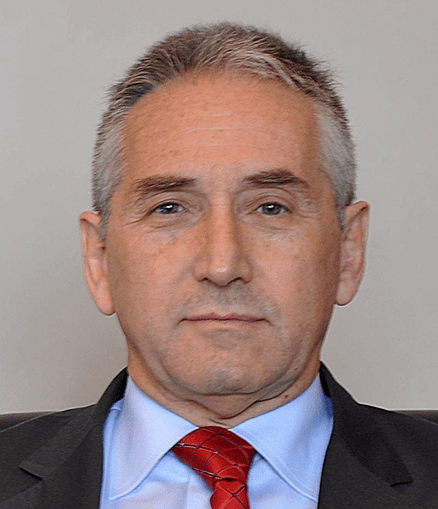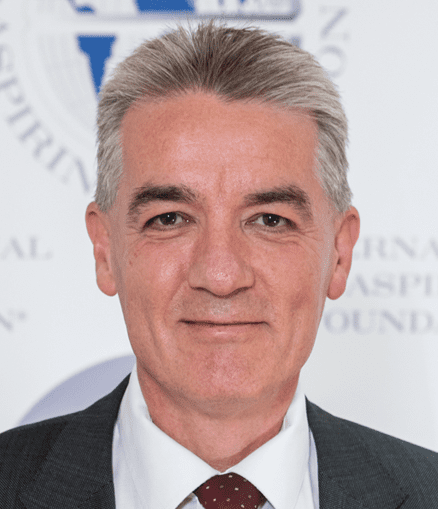Chiarito and colleagues conducted a systematic review and meta-analysis of all randomised trials that compare P2Y12 inhibitors with low-dose aspirin monotherapy for the prevention of secondary cardiovascular (CV) events in patients with established cerebrovascular, coronary or peripheral artery disease with the aim of finding the optimal regimen.
The researchers found nine trials with a total of 42 108 patients that met their study criteria. The resulting meta- analysis showed that the risk of having a myocardial infarction (MI) was marginally lower in those taking any P2Y12 inhibitor when compared with aspirin (OR 0.81[95% CI 0.66-0.99]; I2=10.9%). The clinical significance of this was questioned by the authors particularly as they estimated that the number needed to treat to prevent one MI was 244. There was no difference in the risk of having a stroke, all-cause death, vascular death or major bleeding between the low-dose aspirin or any of the P2Y12 monotherapy regimens. Low-dose aspirin is more cost effective and still the drug of choice in current guidelines looking at secondary CV prevention.
In the Lancet comments section, Professor Robert Byrne, Director of Cardiology at the Mater Private Hospital, Dublin and Chair of Cardiovascular Research at the Royal College of Surgeons, remarks that the study was well designed to compare low-dose aspirin with P2Y12 inhibitors and relevant for the discussion around optimal antithrombotic therapy in people who have established cardiovascular disease. He states:
“our impression is that the absence of substantial difference between the two approaches supports the use of aspirin-the drug is easier to take, associated with less non-compliance, fewer off-target side effects (compared with ticagrelor in particular), and less variation in treatment response (compared with clopidogrel), and is likely to be more cost-effective.”
Professor Byrne points out that aspirin monotherapy remains the standard-of- care for the secondary prevention of CV events and despite trial work to either replace low-dose aspirin with other antiplatelets or improve regimens by either adding a P2Y12 inhibitor or a low-dose anticoagulant such as rivaroxaban the results have not changed recent updates to the European Society of Cardiology guidelines where low-dose aspirin remains the drug of choice for secondary prevention in people with chronic coronary syndrome .
For further information please see;
Chiarito M, Sanz-Sánchez J, Cannata F et al. Monotherapy with a P2Y12 inhibitor or aspirin for secondary prevention in patients with established atherosclerosis: a systematic review and meta-analysis. Lancet 2020; 395:1487-95.
Byrne R. Aspirin for secondary prevention of cardiovascular disease. Lancet 2020: 395; 1462-1463.
Knuuti J. Wijns W. Saraste A. et al. 2019 ESC guidelines for the diagnosis and management of chronic coronary syndromes. Eur Heart J 2020: 41: 407-77.














